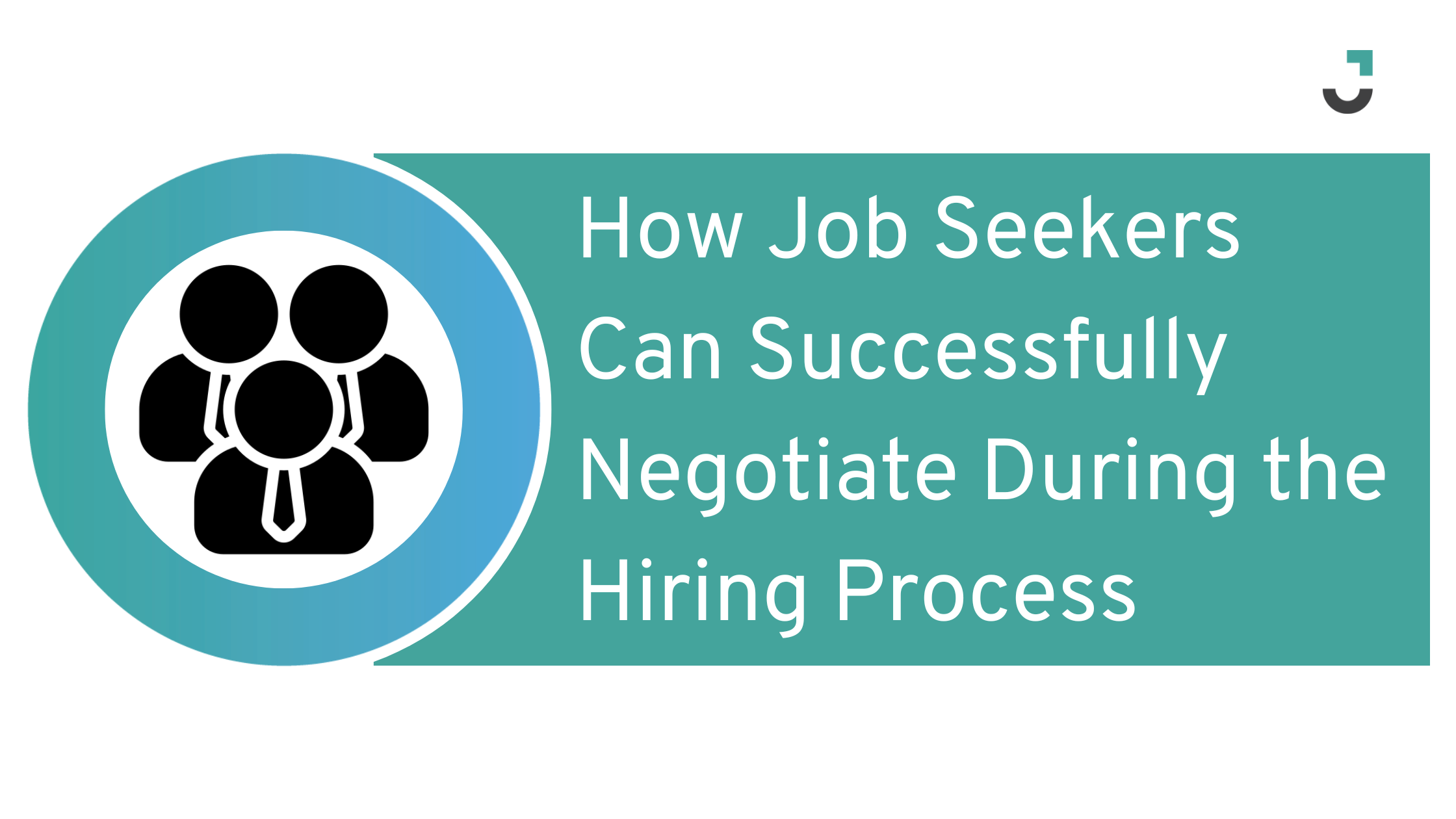Your time is precious and every day you sacrifice your time in the form of labor, in return for compensation. Work is an essential part of all of our lives—it keeps us fed, clothed, and with a roof over our heads. Work is also an important part of having a routine, and our physical and mental health. However, despite all of the above essential positive outputs that work provides us, it also comes with the greatest sacrifice of all: time.
Time (of which we all have a limited amount) is something that we must choose to spend wisely. Work comes at the cost of being with loved ones, leisure time, and precious moments. As the writer of this article, I can share with you that on the day my second youngest child came home from the hospital, I was on a plane due to a work commitment. Thankfully this writer has a very understanding and supportive wife, but that moment when my child arrived home for the first time, I missed. And I missed it because of my job.
These types of scenarios affect almost all of us at some point in the ongoing struggle for work-life balance. So, in order to make sure that balance is tipped as strongly as possible in your favor, one of the first moves you can do early on in your new job is to negotiate well during the hiring process. At the very least you will have maximized the compensation you receive for the time you sacrifice. Below are the three main points that can help you to negotiate the best deal when starting a new job.
Know Your Value:
It is important that before you even step into an interview, you know how much a person of your skills, experience, and education is worth in the market. There are some great platforms out there that can help you find your worth in the market by providing some reliable spectrum data. Personally, I would recommend Salary.com, since it is the most comprehensive and can help you to understand what the going rate is for your job title, location, and the range of potential salaries. It’s also far more intuitive to use than the likes of the Office for National Statistics’ website.
When you look at the range of salary and benefit compensation data out there, you must be realistic with your expectations and be honest with yourself. Base your true worth on your experience, past salary levels, and what you offer to the company—the last thing you want to do is price yourself out of the labor market and end up sitting on the shelf for a while since that eventually begins to diminish your value.
The Power of Silence:
When asked what your expectations are by your potential new employer, be very clear about what you want and then say nothing. It can be very tempting in the moments during negotiations with new employers to continue to talk, rationalize, or even talk yourself down due to fear of not getting the job. The psychology behind having confidence in your ask and sticking to it professionally is something an employer will note and respect. It also makes it clear in their minds that you must be worth that amount since being confident about what you say is key to convincing others that you know your worth.
Don’t Be Afraid to Walk Away:
Sometimes this isn’t always so simple, as circumstances may mean that you really need this job immediately. But, for the purposes of this article, let's assume you have a level of financial security, whether that be savings or existing employment. If the terms of what the employer counters you with are simply unacceptable, then be prepared to politely and professionally walk away. This will have one of two outcomes, either the employer will see you mean business, and based on their need for your skill set, will come back to you with what you are looking for—recruitment is a costly and timely process, so if you are exactly what they want, they will definitely want to close you. Or, worst case scenario, the job isn’t for you and that’s fine because, as we discussed at the beginning, your time is precious and sacrificing it for a job that isn’t going to compensate you appropriately for the time you sacrifice is not worth it.
In Summary:
Go into the process armed with plenty of data and a realistic perspective of what you are worth, stay silent once you share your expectations, and be prepared to walk away if those expectations are not met. The holy trinity of negotiation tactics sits within these three actions. I cannot stress enough how valuing your time is an essential part of being in the mind frame to get more for your time and to push your career to a point where you achieve maximum compensation for what you do and who you are.
Original Article Found Here
Original Author: Arran Stewart, Chief Visionary Officer and Co-founder of Job.com
Job.com is a digital recruitment innovator with a unique perspective: Delivering technology and capabilities that shake up the market by bringing together a data-driven approach based in AI and machine learning with high-level, human-capital-delivered solutions, designed to efficiently attract and retain the right talent and provide consumer-level user experiences throughout the hiring process.


